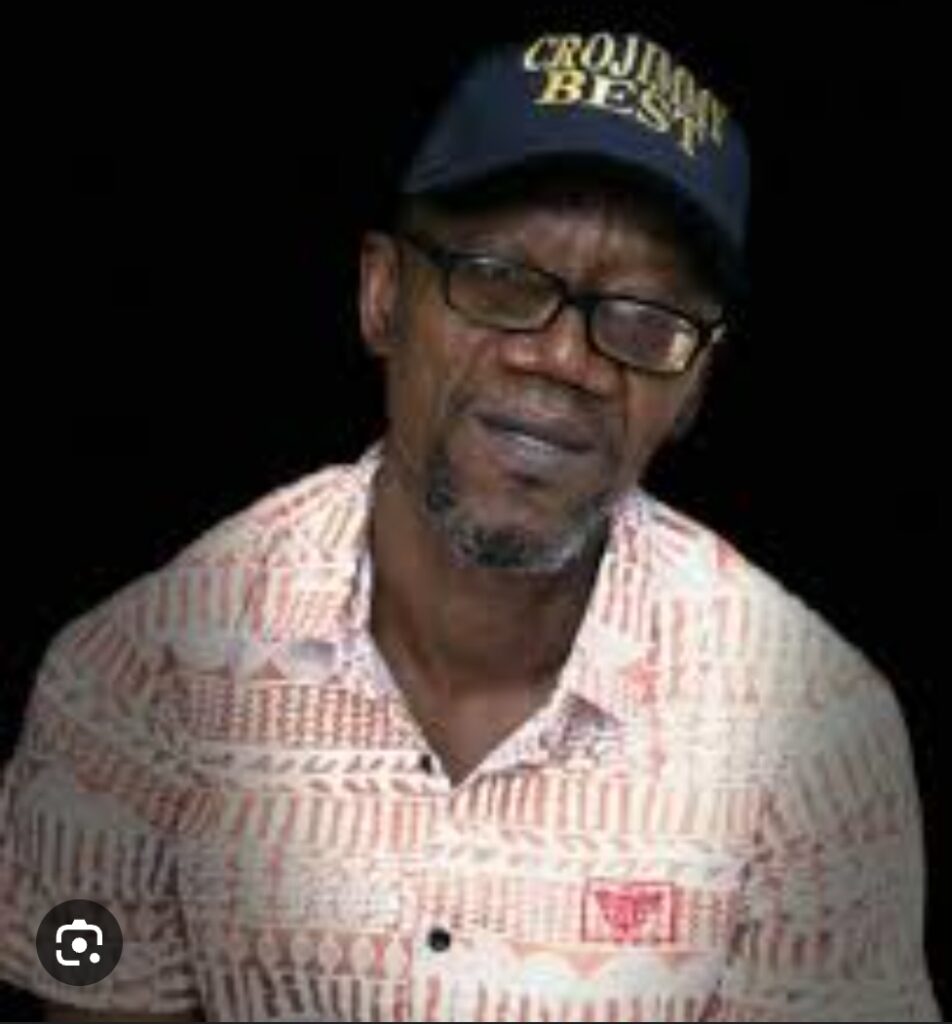
For Salone, Proportional Representation is Democracy-Without-Roots:
By Mohamed Gibril Sesay
I saw the arguments for proportional representation (PR) – and the funny talk that it gives greater voice to the electorate and would closely reflect their wish. This is a claim with but very surface analysis of facts in Sierra Leone. And also one wonders about how it is connected to this tall talk of national unity- or how it unites the nation.
A number of things have already taken governance away from the people- or make governance float in the air without feet on the ground. A big one is the constitution that did away with MPs being ministers. This has allowed so many people without feel for how the people feel to become ministers- people who have never sat before a crowd are now staples at the top of political decision making machinery.
Oh I know the arguments for it- to get professionals to be on top. Rubbish. Where it about professionals some people who are Presidents would never be presidents.
And hey, there are many places for professionals in Ministries, Departments and Agencies. Where a professional wants to be a political person, let him go face the people and as such become part of the list from which ministers could be chosen. So you see, since 1996, we’ve had people as ministers who no body knows, and who hardly care. So there is only one real point of popular pressure on the executive – the President- and we all know presidents are inaccessible to the the people for all sorts of reason – their security, their schedules and the never-ending gatekeepers. Often, presidents float in the air the soonest they hit the presidency.
And the same democracy-in-the-air move is seen in the PR system- wherein, individuals will not face the people, rather after they lobby to be in favorable position on the party list, that’s it. People will not be able to tie representation to faces, or to persons, as the list would be their representative. We’ve tried it twice, 1996 and 2002, both exercises in getting to parliament people who did not go to the people to campaign, who were not known by the people, and who had hardly any constituency. And we all know, those were also insecurity induced experiments that the nation got rid of the soonest the war ended.
And you know, with PR, rigging in just a few places will affect total national representations. This risk is less so in the type of parliamentary electoral system we now have. But even that possibility of greater impact of rigging, important as it is, that’s not the most important reason as to reasons why the PR is, contextually for Salone, such a dangerous proposal.
Already, we have an executive system filled with people who could not be popularly pressured, nor accountable to the people, and we are moving to gut the legislature again- to get into it MPs who cannot not be held accountable by people. Somebody told me that if we want to deepen MP accountability we may rather be thinking of having MP recall mechanisms. Interesting suggestion that, worth talking about.
And again you see the hypocrisy with people talking about PR. Here is a situation where the same people are pushing for non-partisan representation at the local level- which means all candidates must be independent candidates; but look at them pushing proportional representation where it is impossible for there to be independent candidates. Where we truly care about giving chances to all, what we should be pushing for are situations where both political party people are non-political people can stand for all types of elections, from local councils to the presidency.
And as for the argument that PR promotes national unity. Funny. A very big elephant in the room relates to issues of resource allocation – be it through jobs, services to geographical areas, or contracts to businesses. And the perceptions that these things are ethnically, regionally, and nepotistic ally biased. How does proportional representation solve this so called winner take all thingy? Or these ingrained feelings of marginalization by people anytime persons from another part of the ethnic-geo-political divide are President?
To remove tensions in the body politic, and prevent these perceptions or realities or strongly held opinions- a way is to find neutral formulas for these allocations. For instance it could be dividing the country into local councils with roughly equal number of people and allocating resources equally to all- a formula structured into law – may be even entrenched in the constitution- a legally binding document about these resource allocation reflecting the ethnic and regional character of our nation that we all know have been salient and enduring fault lines since the birth of the nation- and which are at the roots of so many governance and other tensions. So if you care about your people, you have another area with enough allocations – the local area- to go serve your people, and there you may be pressured by our intense local moralities to do the right thing, since you are dealing with people who know you very well.
But again, rather than strengthen local government, look at the undermining of local governance going on even now- facts that local government don’t even have control of their own staff, where local elected wishes are overridden by unelected ministers and ‘professionals’. If the nation really cares about its democracy and wishes of its electorate, choices should be informed by pressures by the electorate.
And then further strengthening of accountable institutions and especially one that is proving its mettle- the audit service of Sierra Leone. But again that’s another elephant in the room that the promoters of democracy-in-the-air are silent about. And many other things that would truly deepen accountable governance in the country.